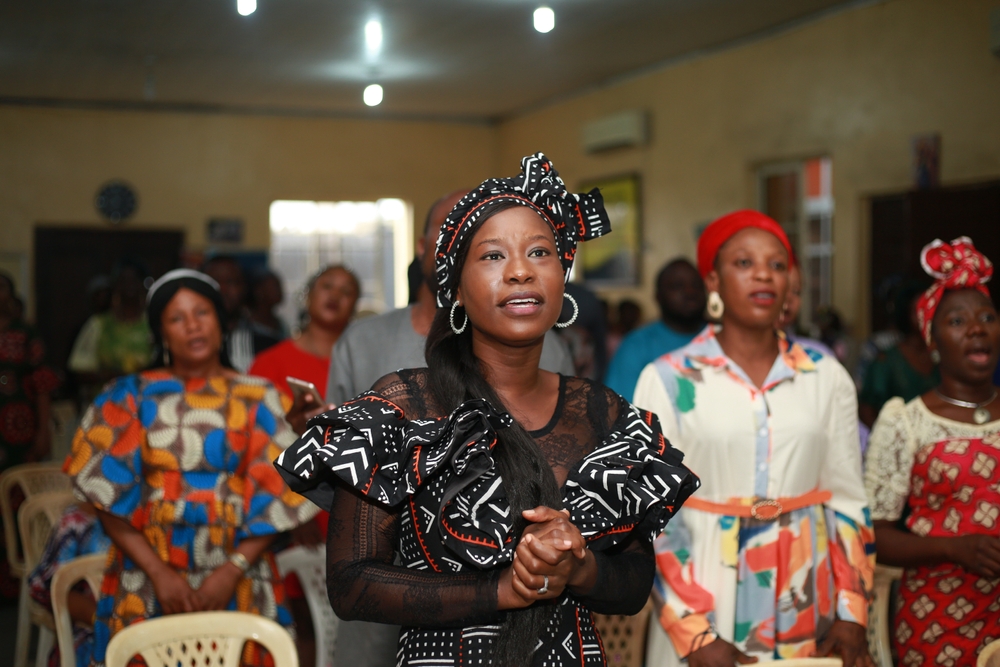Nigeria faces rising unease after U.S. President Donald Trump threatened potential military action over alleged Christian persecution. On Sunday, Nigerians awoke to reports that Trump ordered the Pentagon to plan a possible intervention. He warned that if Nigeria failed to stop the killing of Christians, the U.S. would halt all aid and “go in guns-a-blazing” to eliminate terrorist groups.
Trump added that he had instructed the “Department of War” to prepare for “fast, vicious, and sweet” attacks if the U.S. intervened. Nigerian President Bola Ahmed Tinubu responded by saying he would meet Trump to discuss counterterrorism and security cooperation but insisted that any collaboration must respect Nigeria’s sovereignty. Tinubu also rejected the portrayal of Nigeria as religiously intolerant, calling it inaccurate.
Nigeria Pushes Back While Crisis Deepens
Tinubu’s spokesperson, Daniel Bwala, suggested that Trump’s comments might serve as a “negotiating tactic,” emphasizing that the U.S. and Nigeria already work together on intelligence sharing and weapons supply to fight Islamist groups.
For decades, Nigeria has struggled with jihadist violence that Amnesty International says has killed over 10,000 people since Tinubu took office. With a population of about 220 million split evenly between Christians and Muslims, the country faces threats from multiple fronts, including Boko Haram and affiliated groups that attack both Christians and Muslims.
Christian advocacy groups such as Open Doors and International Christian Concern report over 7,000 Christian deaths in 2025 alone, describing the violence as targeted persecution. Religious leaders like Reverend Ezekiel Dachomo insist a massacre is underway, accusing authorities of trying to downplay the crisis.
Debate Over U.S. Motives and Nigeria’s Resources
Trump’s remarks came shortly after Senator Ted Cruz urged Congress to classify Nigeria as a violator of religious freedom. While some Nigerians welcome foreign military assistance, others question U.S. intentions. Broadcaster Cyril Abaku said Nigeria should accept outside help if it protects communities from terrorism.
However, many fear Trump’s threats connect less to humanitarian concern and more to Nigeria’s rich reserves of rare earth minerals. Analysts note that deposits of lithium, nickel, cobalt, copper, and neodymium lie in the country’s insurgency-hit northeast—minerals vital for renewable energy, defense technology, and electric vehicles.
Human rights activist Omoyele Sowore warned, “Nigeria doesn’t need foreign saviors. It needs accountable leaders who protect all citizens and end corruption.” The U.S. once listed Nigeria as a “country of particular concern” for religious freedom violations in 2020, but the classification did not explicitly cite Christian-targeted attacks.
The debate now splits Nigeria: one side demands protection, the other fears exploitation masked as aid.


